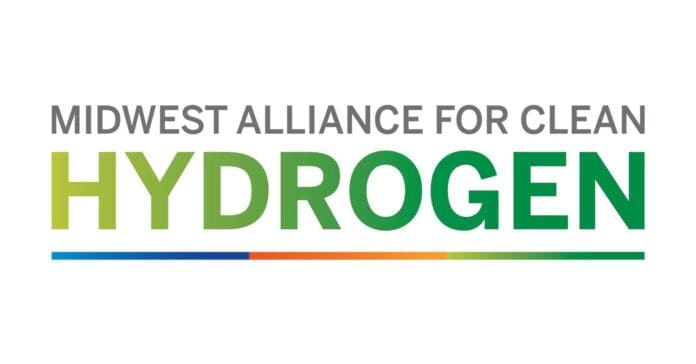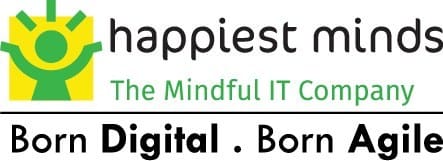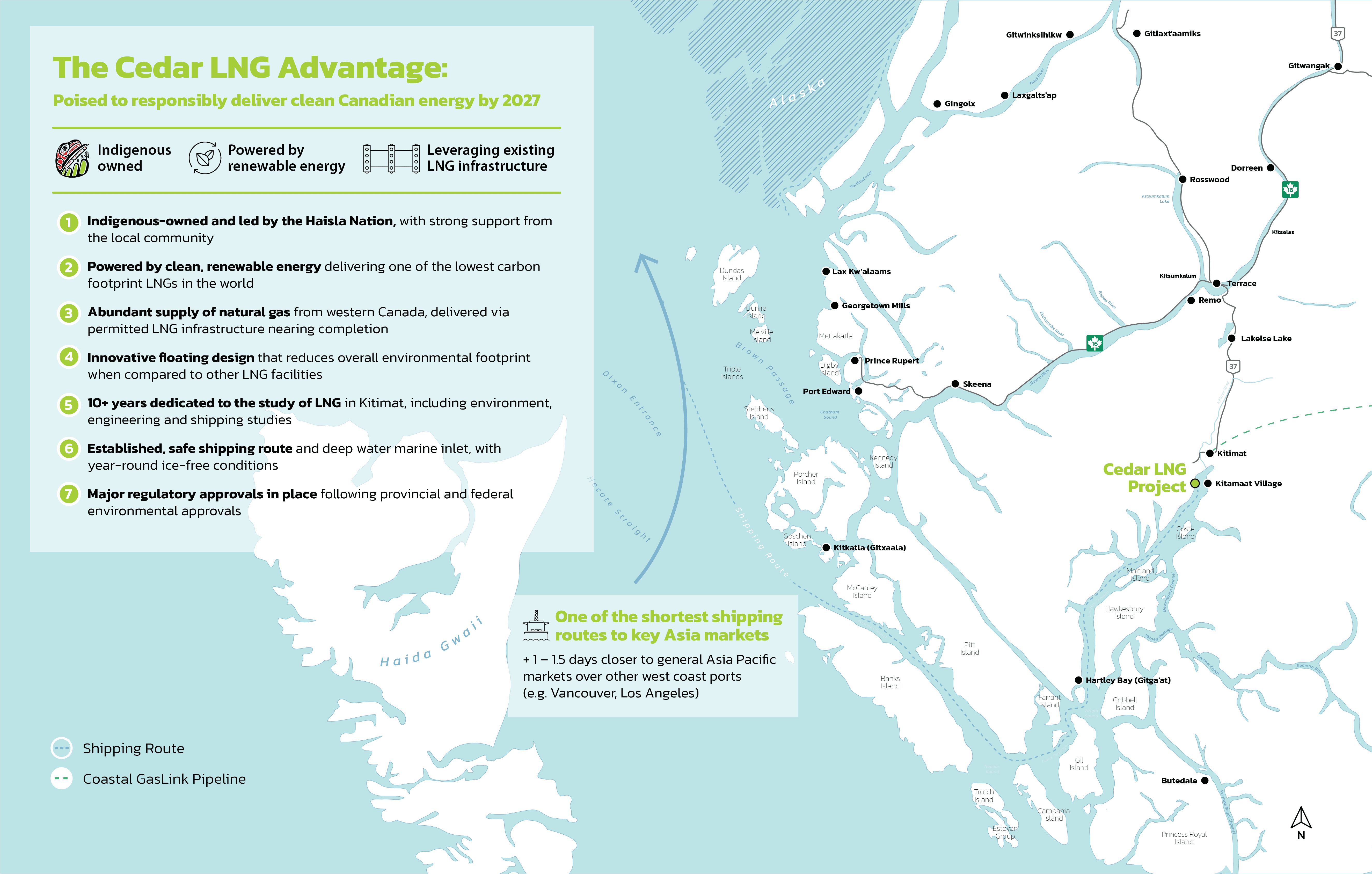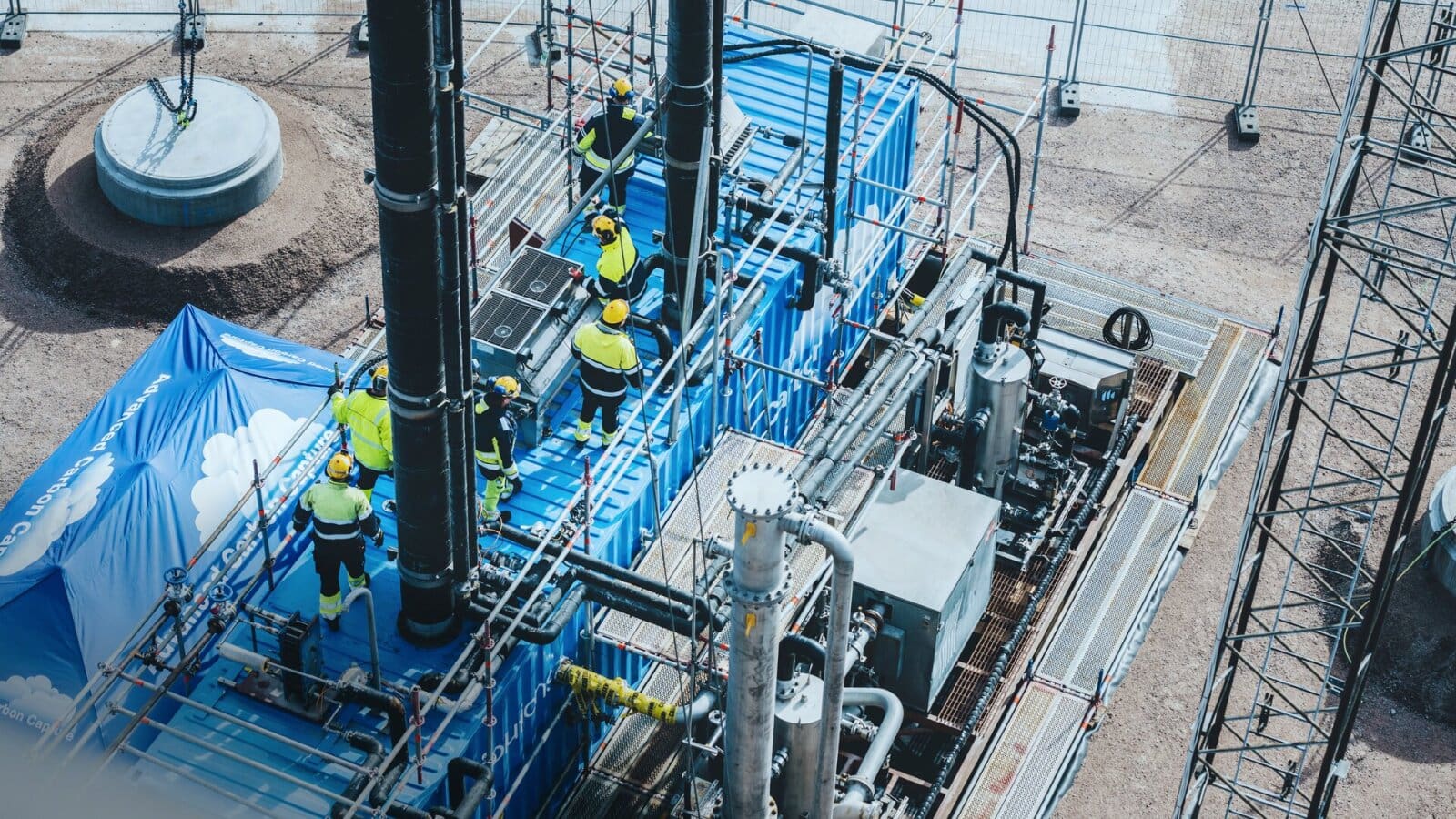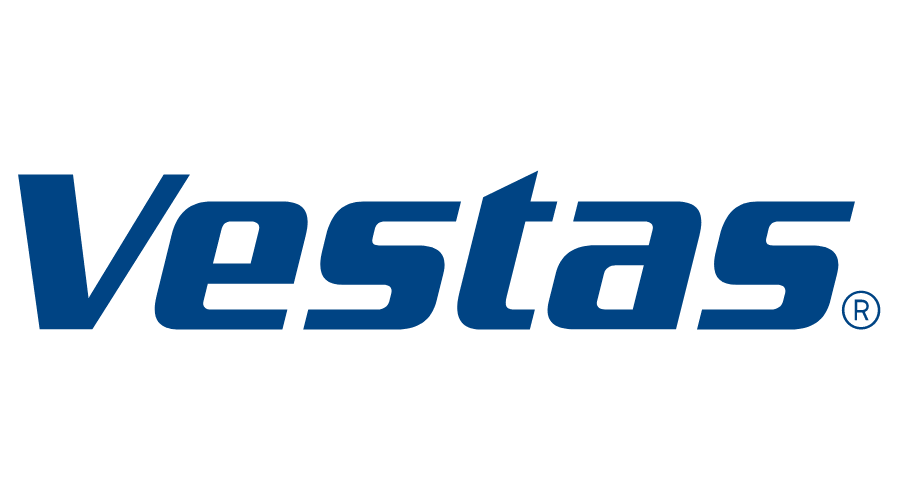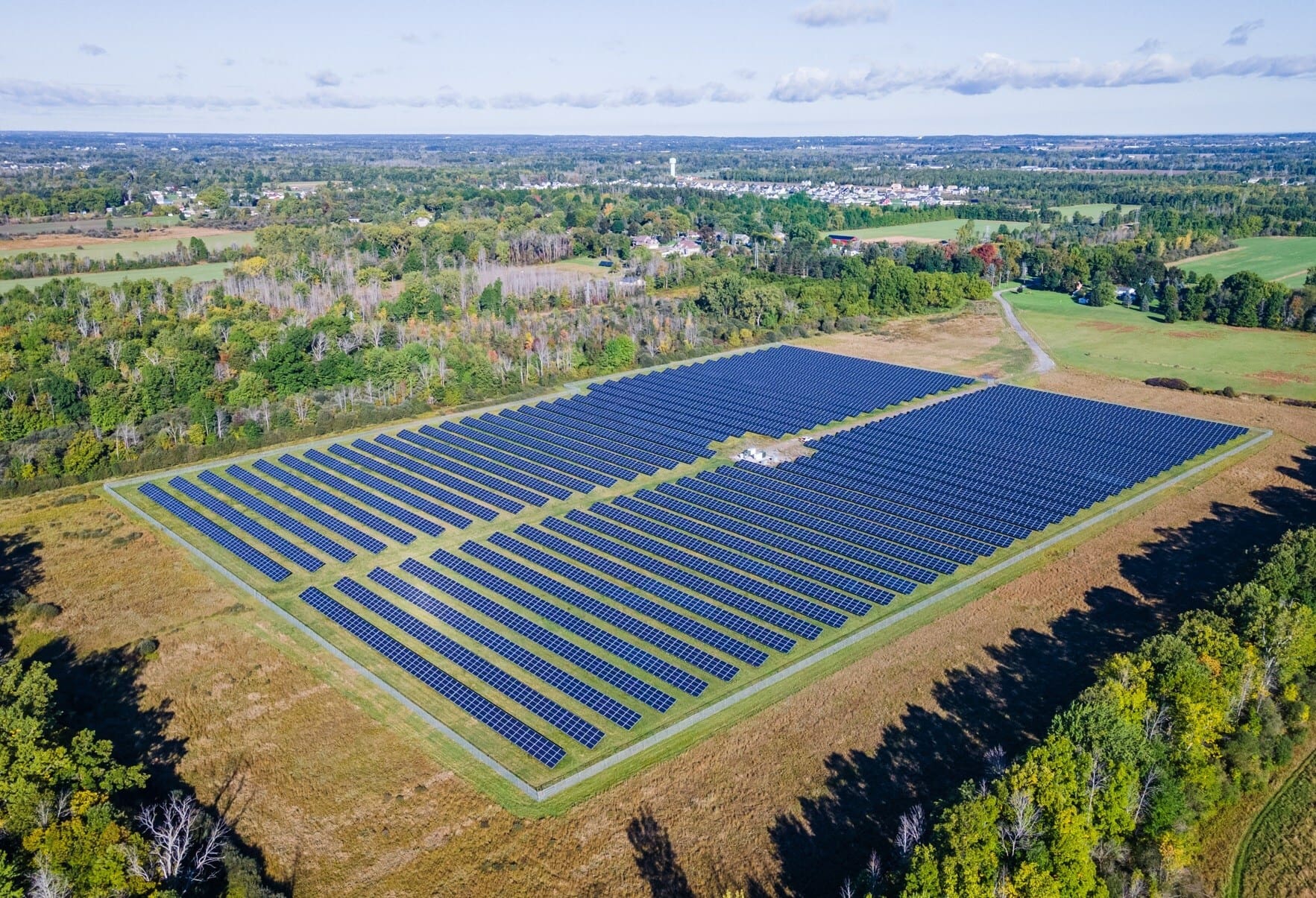The Midwest Alliance for Clean Hydrogen (MachH2) announced that it will submit an application to the US Department of Energy (DOE) to develop a regional clean hydrogen production and distribution hub to be funded under the Infrastructure Investment and Jobs Act. Under the act, DOE will invest up to US$8 billion to catalyze investment “to form the foundation of a national clean hydrogen network that will contribute substantially to decarbonizing multiple sectors of the economy.”
MachH2 is a multistate coalition of public and private entities representing every phase in the hydrogen value chain. The alliance includes a cross-section of carbon-free energy producers, clean energy developers, hydrogen technology providers, utilities, major manufacturers, national labs, hydrogen technology development and deployment institutions, universities, and groups focused on environmental justice. Each member shares a commitment to promoting equity and furthering the administration’s Justice40 goals through the development of the hub. MachH2 believes that the Midwest’s location at the crossroads of America and its strong transportation infrastructure make it ideally suited for supplying clean hydrogen nationwide.
Hydrogen is the most abundant element in the universe. When made with clean energy, it is an essential resource in meeting our nation’s goal of achieving net-zero emissions by 2050. The hub will employ electrolysis technology to separate the hydrogen and oxygen molecules in water. As an energy source, hydrogen does not emit carbon and can be used to reduce emissions from multiple difficult-to-decarbonize sectors of the economy, including aviation, steelmaking, agriculture, and long-haul transportation.
Hydrogen projects already proposed by alliance members will support an estimated 4500 construction jobs and 400 permanent positions once complete. Total construction spending is estimated at nearly US$4 billion, including US$1.7 billion in wages and US$65 million to US$70 million in state income taxes. The 400 permanent positions will generate an estimated US$60 million in wages annually and an additional US$35 million to US$40 million in state income taxes. More projects may be added as the hub continues to develop, leading to further economic benefits for the region.
The alliance is united in a shared vision to create an immediately scalable hydrogen hub in the Midwest that uses the region’s abundant nuclear and renewable power to create a clean hydrogen economy and reduce emissions across multiple heavy emitting sectors. The alliance also is committed to leveraging the clean energy transition to create opportunities in disadvantaged communities through outreach and workforce development initiatives engaging diverse populations. In addition to a cleaner environment and improved air quality, jobs will be created through the development of clean hydrogen infrastructure and related businesses driven by the hub. Engaging communities early in the process of developing hub infrastructure is a key priority for alliance members.
The alliance will collaborate on building the clean hydrogen supply, storage infrastructure, distribution networks, technology implementation, and regional market necessary to create a sustainable hydrogen economy, while also focusing on creating high-quality jobs, improving air quality, and benefiting public health and advancing environmental justice. The alliance will submit a concept paper and full hub application in accordance with DOE deadlines.
“The MachH2 coalition is the result of outstanding effort of numerous public and private partners — including our universities, clean energy developers, transportation companies, manufacturers, and partners in other states — to develop a nation leading clean hydrogen economy in the Midwest,” said Illinois Governor JB Pritzker. “The development of a robust clean hydrogen economy in Illinois will build on our decarbonization efforts in CEJA, particularly in hard-to-decarbonize sectors, while creating jobs, spurring infrastructure development throughout Illinois, and meeting the environmental justice goals of my administration.”
“We must transition to more sustainable, cleaner fuels and forms of energy if we hope to pass on a livable planet to our kids and grandkids. In passing the Infrastructure Investment and Jobs Act, I pushed for funding to support the future of a clean energy economy,” said US Senator Dick Durbin. “With so many expert Illinois organizations collaborating on MachH2, I am confident that this Regional Clean Hydrogen Hub proposal will make for a sound investment for the DOE. Hydrogen promises to play a critical role in decarbonizing the transportation sector, and MachH2 demonstrates that Illinois stands ready to deliver on that promise.”
Below is a sampling of MachH2 members, the alliance is expected to grow as more parties are identified:
- ADL Ventures
- Air Liquide
- American Center For Mobility
- Atlas Agro
- Argonne National Laboratory
- Avina Clean Hydrogen Inc.
- Big Rivers Electric
- Bloom Energy
- Champaign-Urbana Mass Transit District
- Chicago Metropolitan Agency For Planning
- Chicago NSBE’s The Chicago STEM Foundation
- Chicago State University
- ComEd
- Constellation
- Current
- Discovery Partners Institute
- Exelon
- Gevo
- Governors State University
- GTI Energy
- Holtec International
- Hydrogen Technologies Inc.
- Idaho National Laboratory
- Institute For Work & The Economy
- Invenergy
- LanzaJet Inc.
- LanzaTech
- Marquis Inc.
- Mass Transportation Authority-Flint
- mHUB
- Michels
- Missouri University Of Science And Technology
- Nalco Water, An Ecolab Company
- Nikola Motor
- Nicor Gas
- NiSource Inc
- Northwestern University
- Plug Power
- Pratt Miller
- Rockwell Automation
- Swagelok Chicago
- Syntex Industries
- University Of Chicago
- University Of Illinois Chicago
- University Of Illinois System
- University Of Illinois Urbana-Champaign
- University Of Kentucky
- University Of Michigan
- University Of Minnesota Twin Cities College Of Science And Engineering
- University Of Wisconsin-Madison
Members of the alliance will combine resources and expertise to:
- Leverage existing clean, zero-carbon energy resources and transportation infrastructure to establish hydrogen production and distribution at scale.
- Incorporate extensive community engagement and advance public health, job growth, and contribute to the administration’s Justice 40 objectives.
- Advance hydrogen technology and infrastructure in collaboration with national labs, universities, and top research and technology institutions.
- Foster the creation and expansion of workforce development programs to support high-paying jobs produced by a clean energy economy.
Demonstrate the market demand and scalability of clean hydrogen to decarbonize the economy on a regional and national basis.



